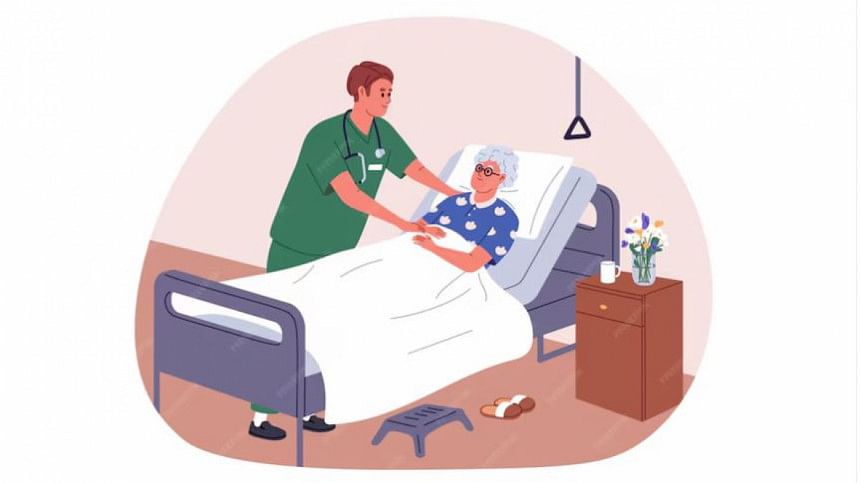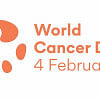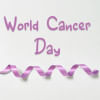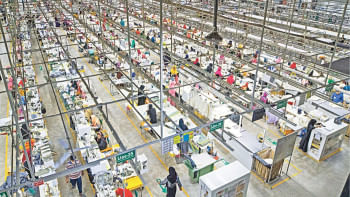World Cancer Day: Importance of holistic approach for patient care

This year's theme for World Cancer Day is "United in Unique." The campaign aims to bring everyone together to create a world where we look beyond the disease and see the person before the patient.
The World Summit Against Cancer for the New Millennium was held in Paris, France on February 4, 2000. The Charter of Paris against the disease was formed at the summit to promote cancer research, prevention, and improve patient services. The official document was signed by the general director of UNESCO and president of France on the same day. The charter also included an article establishing the anniversary of the official signing day as World Cancer Day.
Since then, the Union for International Cancer Control (UICC) leads the observation of the day in support of the goals. Over 100 countries and the World Health Organization (WHO), including Bangladesh, observe the day every year.
Every cancer patient has a unique story. The disease involves physical, social, emotional, and spiritual sufferings for the affected person. We need to appreciate and acknowledge their story and try to address their different needs during treatment and post-treatment. Personalised care has already been stressed in recent years after the discovery of specific mutations in cancer and the facts that they drive behavioural change of cancer growth. Medication directed towards those specific changes makes the results of treatment much more effective and less toxic to the patient.
In addition, the role of palliative care is also recognised. Palliative care is another layer during treatment of cancer to address the suffering of the patient while curative or supportive treatment is going on. This includes control of physical symptoms like pain, nausea, vomiting, shortness of breath, etc. Palliative care also addresses the inevitable emotional issues—grief, depression, and anxiety—associated with cancer.
Spiritual issues during this time in a patient's life may include the feeling of guilt ("Why am I being punished? I must have done something bad"), fear of death and afterlife, and fear of leaving the loved ones. There are also important social stresses like the huge financial burden of treatment that affects the entire family. Relationships with family and friends also need repairing sometimes. Long forgotten and hidden stresses may also reappear, and palliative care helps with healing those too. Asking for forgiveness from the loved ones and from the creator is encouraged and facilitated. We also encourage keeping a diary if possible, for jotting down thoughts and messages.
Palliative care during the last six months of a patient's life is called hospice care. Treatment is directed towards comfort during that time as it has been established that curative treatment is no longer possible. This is usually home-based care but it may also be for the hospitalised patients.
Caregiver need and caregiver burnout is also a big factor in cancer care. Caregivers are usually the spouse or children of a patient. Their well-being directly affects the care of a cancer patient. There is a huge opportunity for relearning and addressing these aspects in the care of a cancer patient in Bangladesh. We have avenues to deliver standardised care here. Sometimes we cannot solve the issues, but acknowledgment, active listening, and holding hands go a great length. Virtual visit is another underutilised option.
One important aspect of the campaign is promotion of cancer prevention and early detection. Healthy lifestyle, avoiding smoking, and increasing physical activity remain crucial. Routine annual medical check-up is very important to catch cancer early to ensure curative treatment.
Monthly self-examination of breasts, annual mammograms after age 45, colonoscopy and prostrate exam at 50 should be done if available. The HPV (human papilloma virus) vaccine will prevent most of the cases of cervical and head and neck cancers, which are common in Bangladesh. More importantly, listening to one's body is crucial and any unexplained change in energy or weight loss from baseline should be reported to a medical professional.
Challenges of cancer care in Bangladesh include a lack of access for the general public to specialised services. Most of the reputable cancer treatment centres are located in Dhaka and the others in different parts of the country are underutilised.
We also need to work on developing public trust by improving accountability and better communication between physicians and patients. We have to decentralise healthcare in general in addition to cancer care. If we can ensure that each centre follows the standard care guidelines accepted internationally, that will definitely help.
We can also improve research on cancer treatment. In the health education setting, we have to teach medical students early on about proper communication with the patient and their families. Delivering bad news has to be done properly in simple terms. Giving options for treatment, coming up with a plan, or referring to a proper place should be part of their training. This counselling has to be done with empathy.
The goal of this year's campaign is to pay attention to the entire person with cancer. Every cancer patient has unique needs. Let us recognise that fact and adopt a holistic approach in addressing all the issues of the patient.
Dr Maleka Ahmed is professor of medicine at the Division of Medical Oncology and Hematology at Duke University Health System in North Carolina, US. She is also adviser for the cancer programme at Sylhet Kidney Foundation Hospital.
Views expressed in this article are the author's own.
Follow The Daily Star Opinion on Facebook for the latest opinions, commentaries and analyses by experts and professionals. To contribute your article or letter to The Daily Star Opinion, see our guidelines for submission.

 For all latest news, follow The Daily Star's Google News channel.
For all latest news, follow The Daily Star's Google News channel. 









Comments